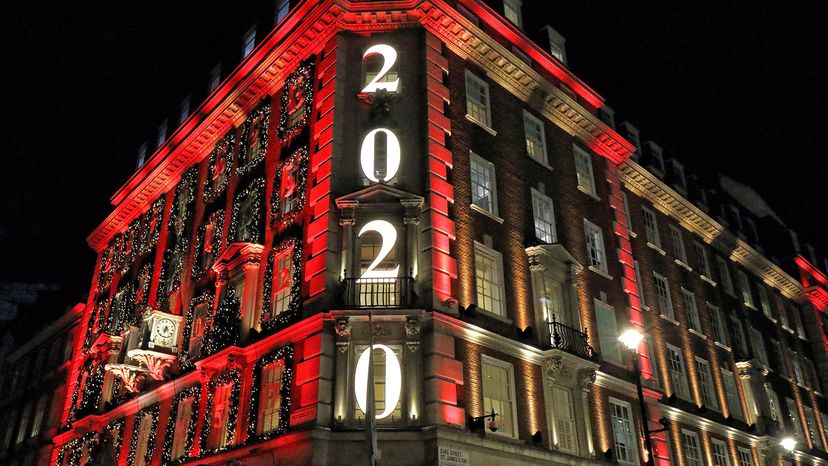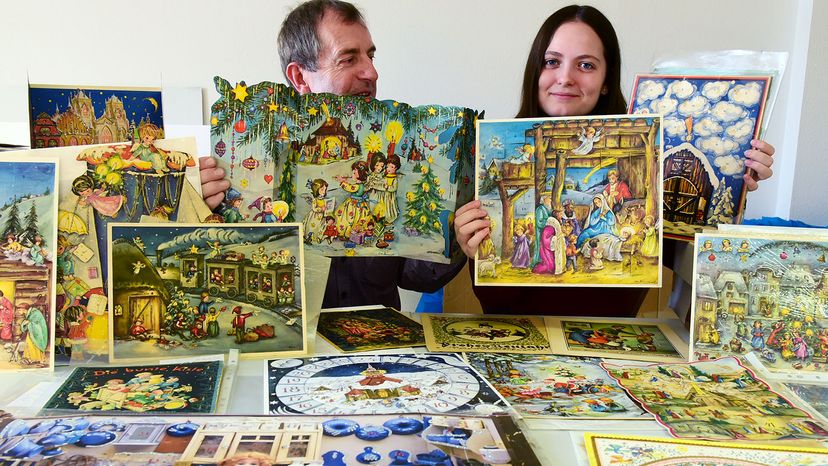Something about those tiny doors opening to reveal a secret or a treat has made marketers adapt the Advent calendar to some very commercial purposes. Here are a few of the hundreds out there:
Macy's Wine Advent Calendar: Need a little nip to get you through the holidays? Drop $140 for this calendar featuring a tiny bottle of vino for every day leading up to Christmas. If wine isn't your thing, don't worry. There's a calendar out there featuring just about every type of alcohol you can imagine. That's one way to stay merry and bright.
Dr. Barbara Sturm Advent Calendar (Beauty Products): Got $500 burning a hole in your pocket? You could spend it on this calendar featuring sample sizes of high-end beauty products. Hopefully it'll keep your skin smooth and young-looking throughout the cold winter months.
Trader Joe's Advent Calendars for Dogs and Cats: Fluffy might not know who Jesus is, but she can still celebrate his birthday. Trader Joe's launched an Advent calendar for dogs in 2018, and the item was so popular that the cat version was added in 2019. Each of the 25 windows is stuffed with a treat like dried seaweed or antibiotic-free salmon. Plus, it's only $5.99 (if you can find one — they sell like hotcakes). If you miss out, you can buy the traditional chocolate calendar at Trader Joe's for only 99 cents.
Jerky Advent Calendar: You can have a "Meaty Christmas" with this collection of 12 beef jerkies (each flavor appears twice) of honey bourbon, whiskey maple and root beer, among others. You might say, 'tis the season for seasoned meat. $60.
Lego Star Wars Advent Calendar: Lego has been in the Advent calendar business for years, but this version lets kids see one of their favorite "Star Wars" characters, vehicles or models each day, for $69.
HowStuffWorks earns a small affiliate commission when you purchase through links on our site.



